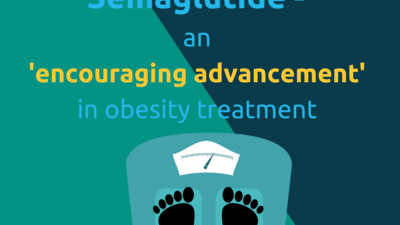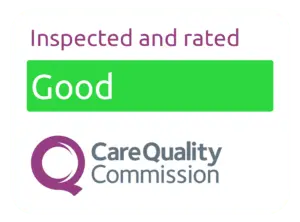The dangers of salt…
Eating some salt in our diet is essential for good health but too much can cause high blood pressure and increase the risk of heart disease and stroke. Salt is made up of sodium and chloride. The sodium helps the nervous system to transmit messages around the body and to regulate blood pressure. Chloride is used by the stomach to make acid that helps digest food and to kill unhealthy bacteria. Too much salt is linked to high blood pressure, people with high blood pressure are three times more likely to develop heart disease or have a stroke than people with normal blood pressure. Although salt is essential in our diet, it is only needed in small amounts. Where is salt found? Relatively high levels of salt can be found in:
- Salted nuts and snacks
- Savoury biscuits
- Cheese
- Preserved meats like bacon, ham and salami
- Canned soups
- Ready/pre-cooked meals, sauces and stock cubes
- Don’t snack on salty food (for example, salted crisps or peanuts)
- Read and compare food labels at the supermarket
- Don’t add salt while cooking or to food









